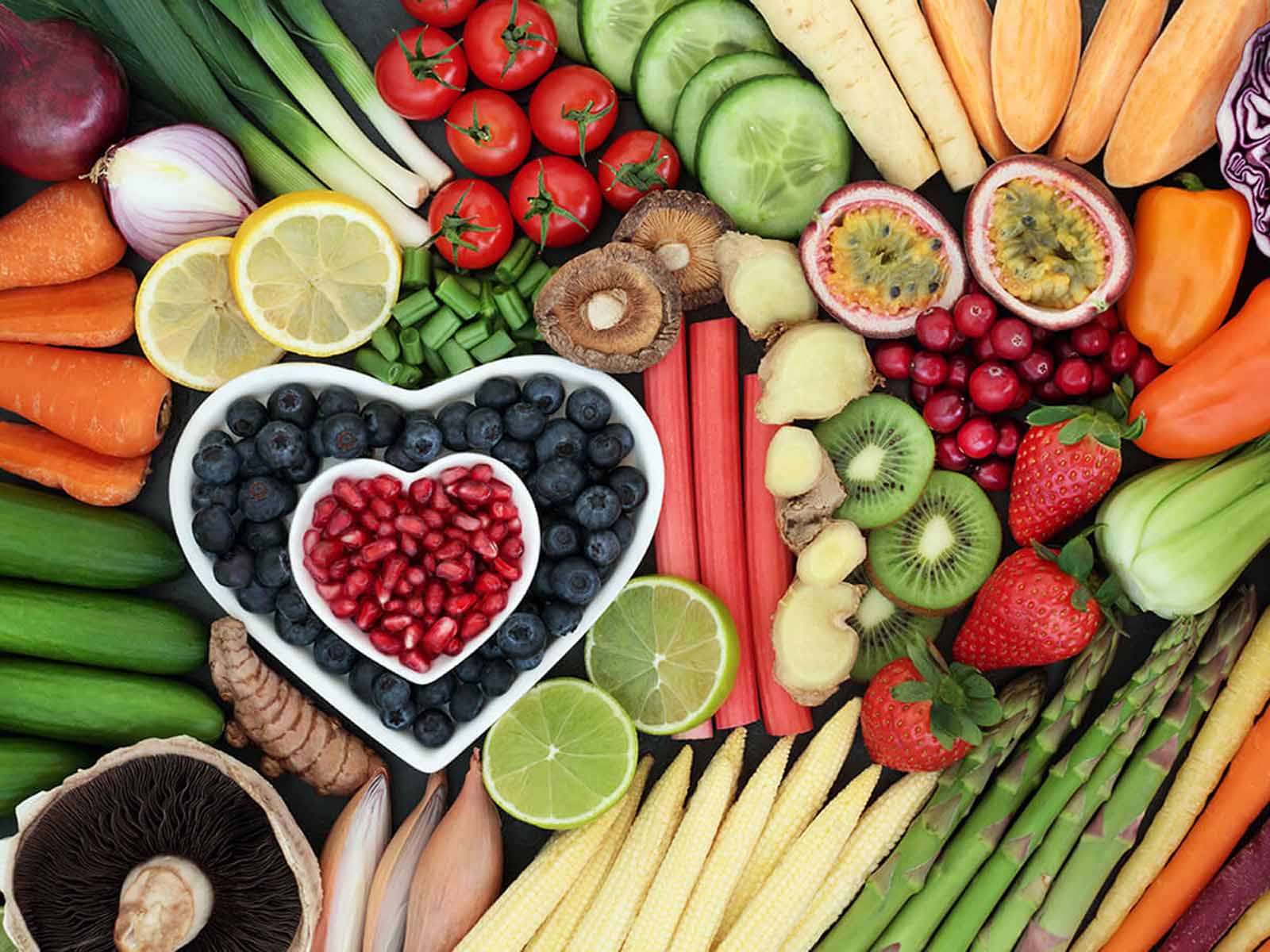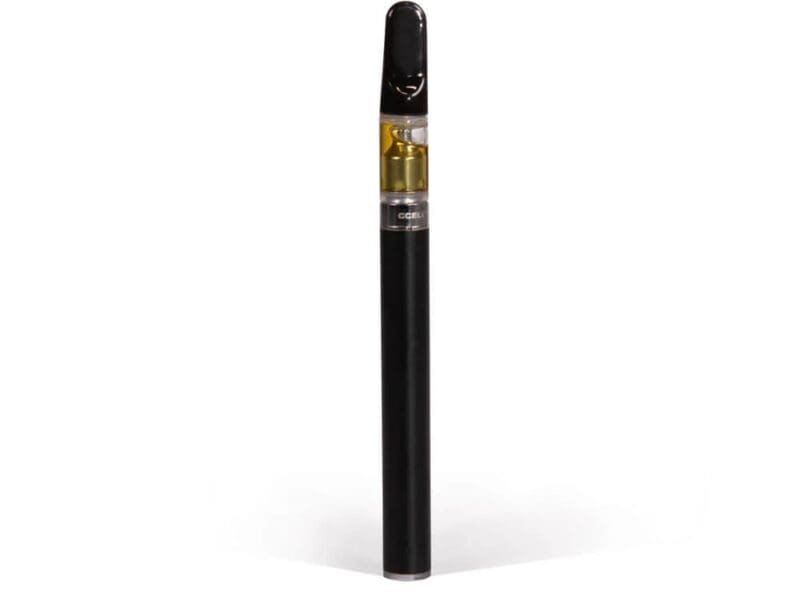
Can Being Vegan be a Healthy Lifestyle?
Many of us are interested in a healthy lifestyle that’s also highly ethical. As a result, there’s a growing interest in a vegan diet. But is it really a healthy way to meet your nutritional needs? Well, it can be, but there does need to be some planning and research first.
This article will discuss what it means to get vegan. It’ll look at the benefits you might see in your health, along with some of the nutritional requirements that are important for vegans to consider. So, let’s get started!

What Does Being Vegan Mean?
First off, let’s talk about what being a vegan means. A person who only eats a plant-based diet is usually called a “vegan.” A vegan diet excludes all animal products. That includes meat as well as poultry and fish, dairy, eggs, and honey.
Vegans only eat foods that are plant-based, including grains, legumes, vegetables, and fruit.
Many vegans also choose to avoid eating or wearing items that come from animals, including leather, fur, and wool — for ethical reasons; however, some people make the change because they believe it’s a healthier lifestyle choice.

Veganism has been around a long time, but in 1944, The Vegan Society was founded in England, resulting in increased awareness of the plant-based diet. However, it wasn’t until the 1960s when there was an increase in interest in vegetarianism due to health concerns or to protest the use of animals in science.
Veganism is seeing an immense growth in popularity, and because of that, it’s now easier than ever to exclude animal products from your diet.

The Growing Numbers of Vegans
It’s not easy to get an accurate picture of how many vegans there are in the U.S., but one survey found that in the fifteen years from 2004, the numbers had grown from just under 300,000 right up to 10 million.
Flexitarianism is also growing. So, that means the number of people consuming less meat and are sometimes vegetarian or vegan is also on the rise.

Benefits of Being Vegan
There are many benefits to being vegan, including a lower risk of cardiovascular diseases. Research by the Journal of the American Heart Association showed that plant‐based diets are associated with a lower risk of cardiovascular disease, cardiovascular disease mortality, and all‐cause mortality in middle‐aged adults
Additional health benefits include:
- More energy
- Weight loss and lean body mass
- Lower cholesterol levels and blood pressure
- Improved blood sugar control in diabetics
- Digestion improvement and relief from gastrointestinal disorders like irritable bowel syndrome (IBS)
- Reduction in the symptoms from skin conditions such as acne and eczema.
Being a vegan may also reduce your risk of some cancers and help with anemia, vitamin B12 deficiency, infertility, nerve damage, and kidney stones.
However, as with every diet that restricts the amount of food we consume, there is a risk of nutrient deficiency. We will discuss more about this potential issue later on in this article.



Top Five Tips to Being a Healthy Vegan
- Eat whole grains like oats, brown rice, and quinoa; sprouted bread or Ezekiel bread (bread must say 100 % pure and wholegrain); pasta; beans; lentils; fruits; vegetables; nuts and seeds.
- Avoid oil-roasted, deep-fried, or oven-baked goods such as chips, crisps, crackers, etc. Also
- Avoid added sugars – not only in desserts and candy but also in pre-prepared sauces and convenience foods.
- Don’t worry about protein – it is found in beans, nuts, seeds, and soy products such as tofu. Then there is seitan, also known as wheat meat, and Quorn, a protein derived from fungi called mycoprotein.
- If you do not eat animal products and wish to supplement vitamins and minerals, go for vegan multivitamin/mineral supplements that use carob or algae as the source of B12.


What About Calcium?
You may have heard that vegans lack calcium and iron, but it is actually to the contrary. Many who eat animal products do not get enough calcium or iron due to poor dietary choices, including consuming fewer dairy foods, including milk, cheese, yogurt, and kefir.
Excellent sources of calcium on a vegan diet include lots of green, leafy vegetables – such as broccoli and cabbage, along with fortified unsweetened drinks made from soy, rice, and oats.


Does a Vegan Diet Have Too Many Fats?
Don’t be afraid of healthy fats! You may know that they are important for your health, but some people cut them out because they think it will help with weight loss. However, this is not true as fat is necessary for many functions in our bodies, such as hormone production, energy storage, cell membranes (protect cells), brain function, and the absorption of vitamins.
Healthy plant-based fats include olive oil and nuts like almonds, walnuts, cashews, and peanuts. Seeds such as hemp, sesame, pumpkin, and flaxseed are also excellent sources of healthy fats.


Vegan Doesn’t Always Mean Healthy!
Vegan diets often contain just as many calories as meat-based diets and at times can actually be even higher when large amounts of refined carbohydrates such as pasta are eaten. A vegan diet can be a good way to lose weight, but only if you limit the amount of fat and refined carbohydrates in your diet.
Some people may benefit from a vegan diet because it restricts certain foods high in calories and low in nutrients, such as sweets, fried foods, and fatty snacks. However, many people following a vegan diet also eat less-healthy processed foods such as those found in soy “ice cream,” vegan “cheese,” and refined bread products.
It’s possible to get all of the nutrients you need on a vegan diet – just be sure to eat plenty of nutrient-rich foods, so that’s the whole grains, fruits, and vegetables.


So, Can Being Vegan Mean a Healthy Lifestyle?
Absolutely, yes, as long as you follow the right diet that gives you all the nutrients you need to stay healthy. Don’t forget that getting overweight or obese on a vegan diet is possible if your calorie intake goes over your maintenance level.
With the popularity of the vegan lifestyle, there are now ever-increasing options in the supermarket. However, while vegan convenience food can save you time, it’s not necessarily good for your health!







